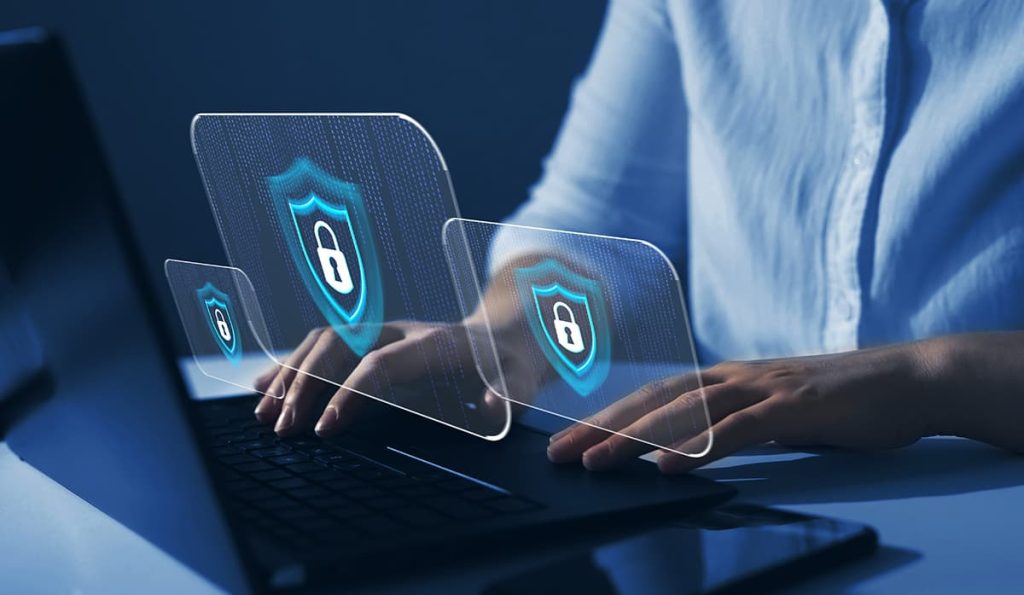Computer forensics plays a pivotal role in modern-day investigations, uncovering hidden truths and providing crucial evidence in various legal, corporate, and cybercrime cases. As our lives become increasingly intertwined with technology, criminals are utilizing digital tools and devices to commit crimes, leaving behind a digital footprint that can be analyzed and exploited by computer forensic experts. These experts employ a systematic and meticulous approach to examine digital artifacts, such as computer systems, networks, and storage media, to extract valuable information, identify perpetrators, and reconstruct events. One of the primary objectives of computer forensics is to preserve and secure digital evidence. The forensic process begins with the identification and isolation of potential evidence to prevent tampering or destruction. Computer forensic specialists employ specialized techniques to create forensic images, making exact replicas of digital storage devices, ensuring that the original evidence remains intact while enabling investigators to perform detailed analysis without compromising the integrity of the data.

Once the evidence is secured, computer forensic experts employ advanced tools and techniques to extract, analyze, and interpret the data. They delve into the digital artifacts, meticulously examining files, metadata, logs, and system artifacts to reconstruct the events leading up to and following an incident. Through the examination of timelines, internet browsing history, emails, social media interactions, and file access logs, they can establish connections, identify patterns, and gain insights into the actions and intentions of individuals involved in the case. Moreover, by utilizing specialized software and algorithms, computer forensics professionals can recover deleted files, uncover hidden data, and decrypt encrypted information, unraveling the layers of complexity that criminals often employ to cover their tracks. The information extracted through computer forensics can be invaluable in legal proceedings view https://ahigler.com/. The evidence obtained can corroborate or disprove alibis, provide a timeline of events, establish motive, and link individuals to specific actions or communications. It can also identify digital signatures, IP addresses, or other unique identifiers that can aid in identifying and locating perpetrators.
Furthermore, computer forensics is not limited to criminal investigations. It also plays a crucial role in internal investigations within organizations. In cases of employee misconduct, computer forensics can help uncover unauthorized access, data leakage, or inappropriate use of company resources. This can aid in taking appropriate disciplinary actions and implementing safeguards to prevent similar incidents in the future. In conclusion, computer forensics has become an indispensable tool in investigations, enabling the uncovering of truth and the pursuit of justice in an increasingly digital world. Its role in preserving and analyzing digital evidence, deciphering complex schemes, and providing valuable insights has revolutionized the field of investigations. As technology continues to advance, computer forensics will continue to evolve, ensuring that the truth is unveiled, no matter how well hidden it may be in the digital realm.